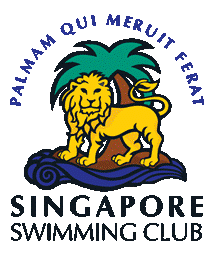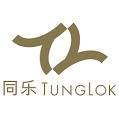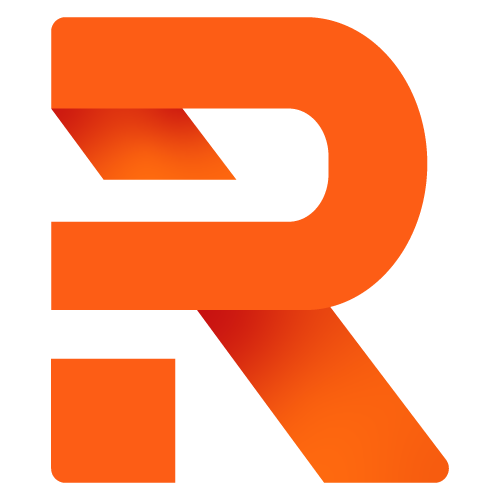Responsibilities:
A) Project Planning and Coordination
1) Develop detailed project plans, schedules, and budgets for the LRT
Train.
2) Ensure the integration of design, engineering, procurement, and
construction phases.
3) Coordinate with various teams, including civil, mechanical, electrical, and software engineers.
B) Risk Management
1) Identify potential risks (technical, financial, operational) early in
the project.
2) Develop strategies to mitigate risks and ensure smooth project
execution.
C) Resource Management
1) Manage resources such as labor, materials, and equipment.
2) Oversee procurement processes for materials and services
needed for the project.
D) Quality Control
1) Ensure the project complies with safety standards, quality control
procedures, and regulatory requirements.
2) Supervise inspections, audits, and testing of materials and work.
E) Progress Monitoring and Reporting
1) Track project progress against timelines and deliverables.
2) Provide regular updates to senior management, stakeholders, and
regulatory bodies.
3) Address any deviations from the schedule or budget.
F) Problem-solving and Decision-making
1) Resolve issues related to construction, engineering, or delays that
might impact the project’s schedule or budget.
2) Make decisions on technical matters that could affect the overall
success of the project.
G) Project Closeout
1) Ensure all deliverables are completed, and the MRT system is
handed over to the operational team.
2) Organize the final inspection and commissioning process.
Requirements
1) At least a degree in Civil Engineering, Mechanical Engineering,
Electrical Engineering, or Locomotive
2) Certifications in Project Management (e.g., PMP, PRINCE2) are often
preferred.
3) Significant experience (5+ years) in managing large infrastructure
projects, especially in transport or construction industries.
4) Previous experience in MRT or rail projects is highly advantageous.
5) Familiarity with project management software (e.g., MS Project,
Primavera).
6) Knowledge of the MRT system design, construction, and operational
requirements.
7) Understanding of safety standards and environmental regulations.
8) Strong leadership to manage and motivate teams.
9) Excellent communication and interpersonal skills to manage
relationships with stakeholders.
10) Critical thinking to resolve issues related to project design,
execution, or regulatory challenges.
























